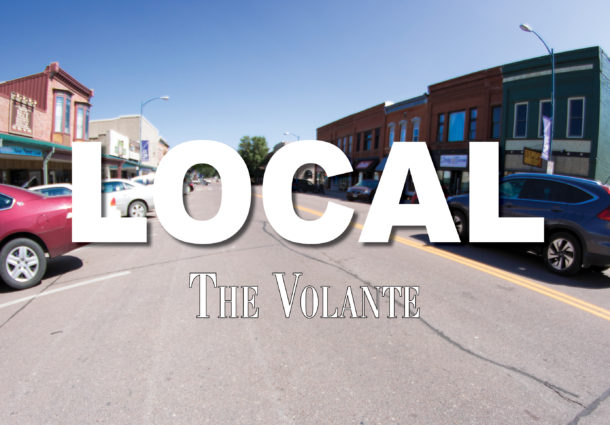
South Dakota House and Senate bills set to impact surrounding rural area
South Dakota has several House and Senate bills from the 2021 session projected to impact the environment and rural community influencing tax breaks for land-owners, broadband networks and meat processing and packing.
These bills include House Bill 1042, House Bill 1077 and Senate Bill 34. Information on these bills is sourced from the South Dakota state legislature’s website.
“Almost all legislation is introduced at the request of ordinary citizens to solve a problem they face or think they face. Some legislation is introduced on behalf of the governor or an administrative agency of the governor,” said Michael Card, Associate Professor at USD in public policy and administration.
This session includes a diverse ensemble of bills, although the majority of them impact rural South Dakota and environmental regulations.
The 2021 session will also include the merger of the Department of Agriculture and the Department of Environment and Natural Resources.
Jerry Wilson, historical and environmental writer and community activist, said the merger is expected to decrease regulation. Wilson said while administrative savings are predicted from the merger, these do not often decrease costs.
“The big environmental issue of the 2021 session was the governor’s collapse of (merger of) the Department of Environment and Natural Resources with the Agriculture Department,” Wilson said. “This is part of Noem’s continuing moves to grease the skids for agriculture, especially for Concentrated Animal Feeding Operations (CAFOs) at the expense of the environment, water and air quality.”
House Bill (H.B.) 1028 is a bill affecting environmental regulations, specifically having to do with redistricting the public interfering in applications for water permits.
“Under this new law, water—our most precious natural resource—may be appropriated to an environmentally destructive use simply because water is available, and only those who would suffer a ‘unique injury’ may intervene,” Wilson said. “When water is polluted, the injury will be shared by all—including current downstream users and our children and their grandchildren.”
“H.B. 1028 was not written to address the granting of water rights for private wells, municipal wells or irrigation wells,” Wilson said. “It is intended to stop we the people from voicing our objections to the abuse of this shared and irreplaceable natural resource by CAFOs, inappropriate mining, dangerous tar sands pipelines and other hazardous extractive uses.”
H.B. 1028 restricts the public from interfering with who is given water permits and was signed by the governor Feb. 22.
H.B. 1042, revising certain provisions regarding riparian buffer strips giving slight tax breaks to farmers who upkeep grassy buffers to lakes and ponds, was signed by the governor February 24.
Along with H.B. 1042, H.B .1077, having to do with licensing and professional endorsement, and H.B. 1053, establishing an annual fee for certain electric vehicles in order to replace the lost gas taxes, were both signed by the governor.
Senate Bill 34, making an appropriation expanding rural access to broadband services and to declare an emergency was delivered to the governor on March 11. The money in the appropriation comes from $75 million in one-time state funding and $25 million in federal COVID-19 relief funds, Card said.
Several bills were tabled or deferred until further notice including H.B. 1121, establishing criteria governing the sale of homemade food items, and H.B. 1040, an appropriation to fund certain small meat processing grants and to declare an emergency.
H.B. 1219, a proposal to join the Interstate Meatpacking Compact, failed and is no longer going through.
Bills from the 2021 session are still being processed and implemented in the state.
Any opinions expressed from people involved with USD do not reflect the views of USD or The Volante.


